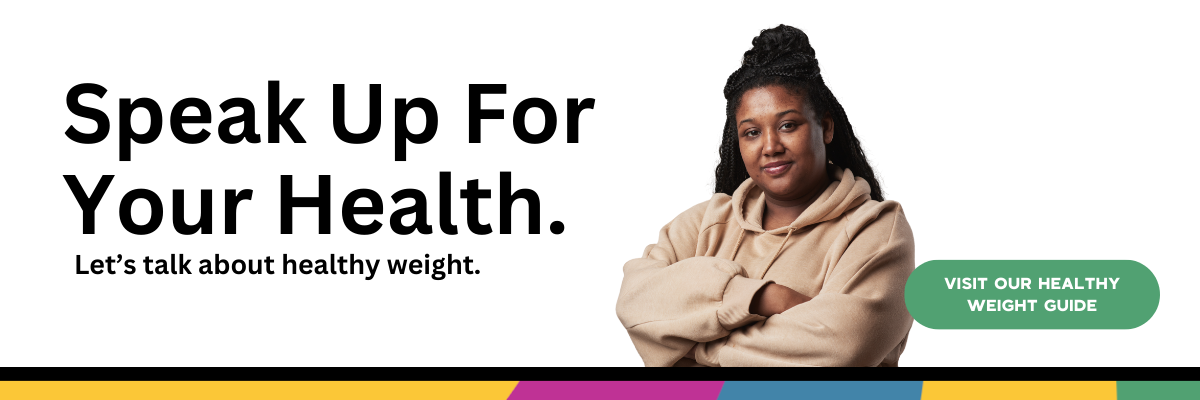Yo-Yo dieting, or weight cycling, is a common practice for those seeking to reduce their weight. It has been proven to be unsustainable, ineffective, and potentially harmful to long-term weight loss goals. Yet, most of us keep doing it anyway. Here’s why.
An article in Frontiers in Genetics reported that after a yo-yo dieting style cycle, “Weight regain often starts within the first year, and the pre-intervention weight is reached or even surpassed in the subsequent 2 to 5 years.” It also stated, “Limiting or preferentially avoiding weight cycling in the first year after weight loss appears crucially important for sustainable long-term weight maintenance.” Another article published by the American Diabetes Association suggested that the practice “exacerbates the risk for T2D and cardiovascular disease.”
“Accumulating evidence suggests the existence of an autoregulatory adaptive mechanism or ‘famine reaction’ that predisposes to obesity following a period of starvation,” it reported. “While self-reflection and making goals can help us feel more focused and accomplished, restrictive dieting, excessive exercise, or other sudden behavioral changes that are characteristics of New Year’s resolution around weight loss are often an attempt to feel in control when other aspects of our lives feel out of control,” explained Taryn Crosby, LCSW, a psychotherapist and Founding Partner of MCMCollab. “Ultimately, yo-yo dieting, in addition to having potential medical health consequences, can affect our mental health.”
Dr. Dominique Pritchett, PsyD, LCSW, considers participating in yo-yo dieting symptomatic of other issues. “That trickles to other parts of our life,” she told Black Health Matters. “I’m a big strategy person. If we’re approaching anything without a strategy, we will likely fail or hurt badly going through it,” she continued. “I believe people can be more successful with creating changes in their life, getting off the yo-yo, and sustaining their wellness with a solid strategy.” Dr. Pritchett suggested working with a professional to settle on sustainable tactics. “Chances are, it’s just not showing up in the diet, but it’s shown up in other places in your life. So, go talk to a professional,” she said. “That objective perspective has to come from someone.” Working with a professional can help you accurately assess your habits instead of focusing on what you think they should be. “Shoulding is an unrealistic fantasy belief,” said Dr. Pritchett. If limited access to care prevents you from seeking professional assistance, you can observe and document your habits to try and stop the yo-yo approach.
Dr. Janel Gordon, M.D., DipABOM, DipABLM, a Triple Board Certified Family, Obesity & Lifestyle Medicine Physician, believes “people intend to stay on the wagon when they slide into yo-yo-ing.”
Action Tips
Learn What Works For You
“Look at what you’re doing really, really well,” Dr. Pritchett advised. She recommends asking yourself, “What do you feel good doing? What are you getting results from?” “Replicate what’s working, but make sure it matches your personality,” she added.
Do Your Research
Dr. Gordon advocates for balancing out your diet instead of diving into extremes. “Maybe you’re trying to cut back on carbs, but carbs are not evil. We need all the macronutrients. We need carbohydrates. We need fat, we need protein,” she said.
Avoid Comparing Yourself To Others
Just because the latest diet craze worked for your friend or co-workers doesn’t mean it will work for you. “People respond differently to different tactics,” said Dr. Gordon. Think about what is feasible for your schedule and your circumstances. If you’re working with a healthcare professional, tell them what your day-to-day looks like so they can recommend the appropriate options. “If I’m talking to a male high school student versus if I’m talking to a single mother of three who has to catch a bus, drop her kids off at their daycare, and still figure out what’s nutritious to eat for herself and her kids, I’m going to be giving different recommendations.”
Supported by an educational grant from Novo Nordisk Inc.






